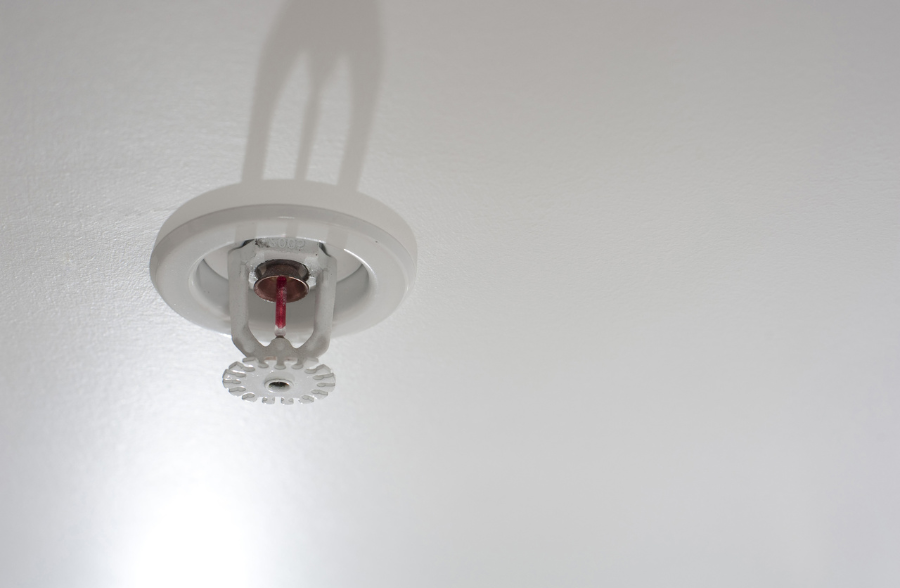
1. Are Newer Homes More Fire Safe than Older Homes?
Newer homes with open designs and lightweight construction allow a fire to spread faster and are more hazardous than fires that occur in older homes. In a newer home, occupants may have as little as two minutes to escape a fire which is much lower than it is for an older home.
2. Why Were Fire Sprinklers Added to National Model Codes?
9 out of 10 fire deaths occur at home. Both ICC and NFPA model codes aim to provide a minimum level of life safety. In order to provide this level of safety, ICC and NFPA model codes require fire sprinklers in homes. However, these codes need to be adopted on a local level and many localities in the United States have not adopted this part of the code.
3. Are Smoke Detectors All That Are Need to Protect Your Home?
No, fire sprinklers work to control a fire automatically while it is still small which limits the spread of deadly heat, smoke, and toxic gasses giving occupants time to escape. While smoke detectors are an essential component of life safety, they are not enough to protect you and your family from a fire in your home.
4. Did The Fire Sprinkler Industry Hijack the Code Process from Homebuilders?
The ICC code-making process allows everyone to have a voice. Homebuilders are very active participants in the process and have a huge amount of influence.
5. Is a Separate Water Tap Necessary to Supply Home Fire Sprinklers?
No, the NFPA 13D fire standard allows designers to use a single line for both fire sprinkler and domestic water flow. In most cases, sprinkler systems require flow that is between 15 gallons to 25 gallons per minute which is nothing more than you would see in the average fixture count of a domestic home.
6. Will Fire Sprinklers Make Homes Too Expensive for Homebuyers?
Fire sprinklers are 1.3% of the cost of the actual home. The cost of fire sprinklers is not high enough to push first-time homebuyers out of the market.
7. When One Sprinkler Goes Off, Do They All Go Off?
No. When a fire is detected only the sprinkler head that is closest to the fire will go off. Sprinklers are activated individually. In most home fires, only a single sprinkler is needed to control the fire.
8. What is the Cost of Home Fire Sprinklers?
On average, fire sprinklers cost $1.35 a square foot.
9. Should Fire Sprinklers be a Consumer Option?
In theory, allowing consumers to choose whether to install fire sprinklers sounds like a good idea. However, only the first home buyer will have that option. If someone chooses not to put fire sprinklers in their home, they are denying the opportunity for fire sprinklers for every family that owns the home afterward. Unsprinklered homes are also detrimental to the fire department and the surrounding community.
10. Why Should Homes Have Fire Sprinklers?
Fire sprinklers should be installed in new homes because they are an effective way to save both lives and property. Flashover can occur in as little as 4 minutes in new homes and it can take the fire department 9 – 12 minutes to arrive after the fire has started. When fire sprinklers are installed, they can control the fire and start the job of putting it out before the fire department arrives.
Watch this video from the National Fire Sprinkler Association to learn more about home fire sprinklers.
W&M Fire Protection Installs & Services Residential Fire Sprinklers
W&M Fire Protection can install and service residential fire sprinklers for homes in the New York metro area. Home fire sprinklers can help keep you and your family safe from fires. To learn more about fire sprinklers, contact us today.




